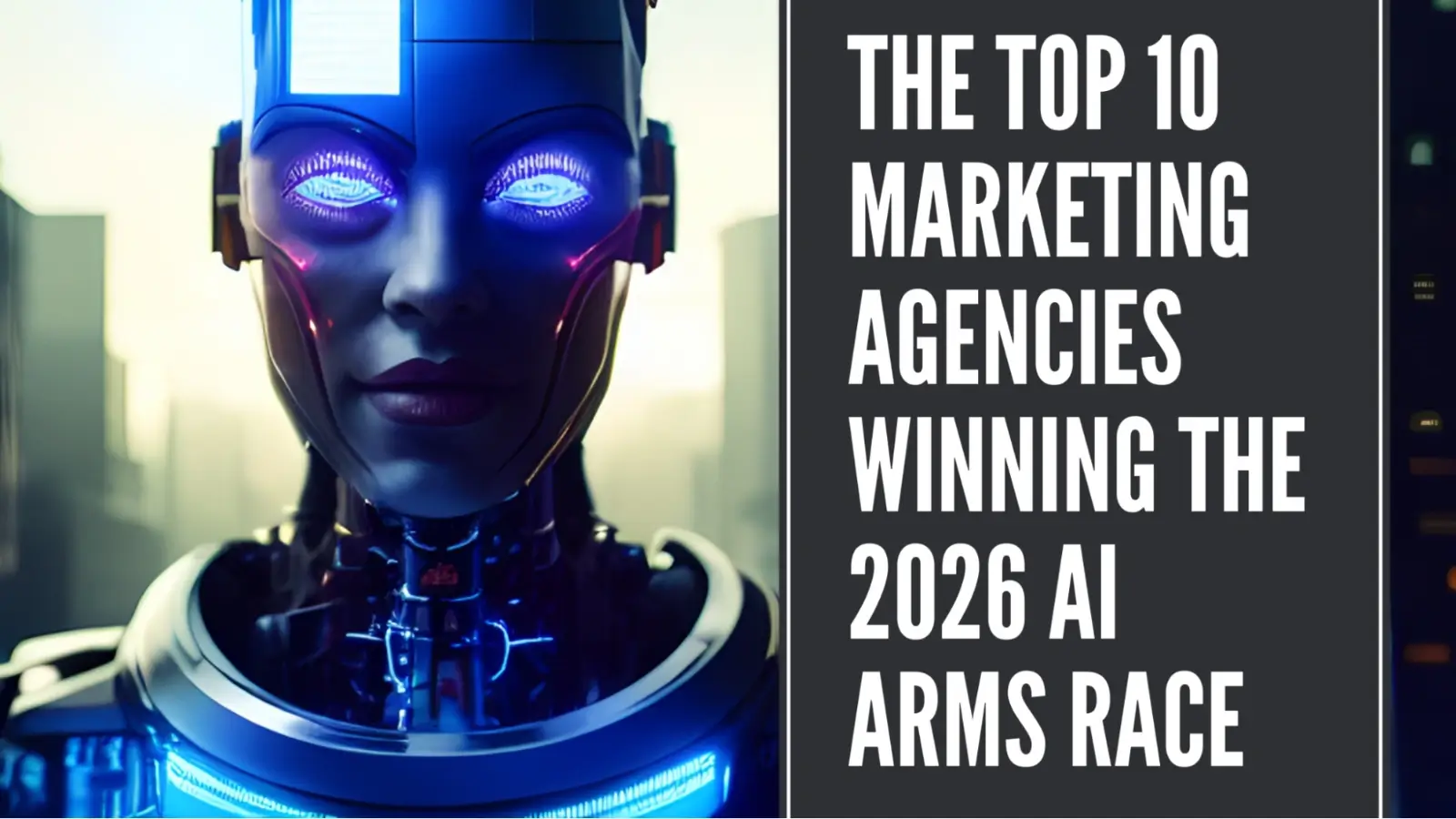In today’s fast-paced digital world, businesses must adopt innovative strategies to stay competitive and grow. Traditional marketing alone no longer meets evolving consumer expectations. Data-driven, targeted, and scalable digital solutions are essential to boost online presence, engage audiences effectively, and convert leads into long-term, loyal customers.
Digital marketing encompasses a wide range of tactics and approaches. Each strategy is vital to increase brand visibility, strengthen customer engagement, and drive higher sales. However, the key to success lies in implementing the right mix of tactics tailored to your business goals, industry, and target audience.
In this article, we’ll explore the most effective digital marketing solutions that can propel your business forward.
Use AI-Powered Tools for Smarter Campaigns
Artificial Intelligence (AI) is transforming digital marketing by enabling personalized, efficient, and data-driven campaigns. AI tools examine consumer behavior, forecast trends, automate tasks, and adjust ads in real time to improve accuracy and reduce resource use. Businesses can use AI to deliver tailored content, automate interactions, and adapt strategies to evolving customer needs and market conditions.
When companies aim to integrate intelligent solutions into their digital strategy, an alliance with experienced agencies can be a game-changer. These experts provide the guidance and tools needed to elevate performance and results. For example, https://mediacomponents.com/ shows AI-driven marketing services with the potential to boost ROI and streamline operations.
Optimize for Voice and Visual Search
As technology evolves, the way consumers search for information is changing rapidly. Voice and visual search are reshaping digital interactions beyond traditional text queries. Voice search, driven by assistants like Siri and Alexa, relies on natural, conversational language. This shift calls for content with long-tail keywords and direct answers.
Visual search uses images to find products, identify items, or explore places through tools like Google Lens. To stay competitive, businesses must use high-quality visuals, descriptive alt text, and schema markup to help search engines understand and display their content effectively.
According to the Digital Marketing Institute, OpenAI’s developments, which include a voice-led and multimodal ChatGPT released in September 2024, are redefining voice assistant capabilities.
By integrating text, voice, and images, these innovations create seamless and intuitive user experiences. These tools now blend text, voice, and images into intuitive experiences. Google and Meta are also enhancing their platforms for more natural user interactions.
Engage Audiences Through Video and Live Streaming
Video content is a powerful tool to capture attention, build trust, and boost engagement. Businesses can use short-form clips, explainer videos, or live sessions to tell their story. These formats help create deeper connections with audiences across digital platforms.
According to Market Growth Reports, viewers spent about 8.5 billion hours on live-streamed sessions in Q2 2024. That equals nearly 970,000 years of nonstop viewing. The data highlights the massive popularity and engagement potential of live streaming across platforms.
Live streaming creates a real-time connection that builds authenticity, community, and brand loyalty. It adds a human touch that strengthens audience trust. From product launches to behind-the-scenes glimpses, video helps brands express personality and share value in a more engaging way.
Embrace Marketing Automation
Marketing automation helps businesses simplify repetitive tasks and deliver personalized content at scale.
Automating emails, social posts, and customer segmentation ensures timely, relevant communication without overloading teams. This approach boosts efficiency while creating a consistent and tailored experience that strengthens engagement and guides leads through the sales funnel.
Marketing automation continues to gain momentum among global businesses. According to Statista, a 2024 survey revealed that nearly seven in ten marketing decision-makers plan to increase their investment in automation. This growing interest highlights its value in improving efficiency, enhancing targeting, and driving better results across digital campaigns.
Partner with Influencers and Encourage UGC
Collaborating with influencers is a powerful strategy for building trust, authenticity, and community around your brand. Influencers typically command a loyal audience that values their advice. Their endorsements help amplify brand messages and connect with niche audiences more meaningfully.
User-generated content (UGC) includes customer reviews, testimonials, and social media posts. It offers real, relatable insights that resonate with potential buyers. By showcasing authentic experiences, UGC increases engagement and strengthens a brand’s trustworthiness in the eyes of consumers.
Business.com reported that adding user-generated content (UGC) to your website can boost returning visitors by 20%. This increase comes from users valuing real customer input. They see your site as a trusted space for peer opinions and experiences.
By integrating both strategies, businesses can humanize their marketing efforts and foster deeper audience connections.
Focus on Data-Driven Paid Advertising
Data-driven paid advertising transforms into a powerful precision tool by using insightful analytics to target audiences with tailored messages. Platforms like Google Ads, Facebook, and LinkedIn leverage demographics, behaviors, and interests to refine audience segmentation. This strategy helps your campaign reach the right audience at the perfect time and boosts both effectiveness and return on ad spend.
By reviewing campaign data like click-through rates, conversion rates, and cost-per-click, businesses can adjust their strategies in real time. This helps reduce wasted spending and improve return on investment. A data-driven approach helps maximize the impact of every marketing dollar. It delivers clear, measurable results and supports continuous improvement across digital channels.
Frequently Asked Questions
Is marketing automation worth it for startups?
Marketing automation is valuable for startups. It saves time, handles repetitive tasks, and supports personalized communication. With fewer resources, startups can manage leads effectively, increase engagement, and boost ROI. Automation helps small teams grow faster and compete like larger businesses.
Why is user-generated content important for your brand’s success?
User-generated content refers to anything customers share, such as images, testimonials, or social media posts, created on their own, not by the brand. It matters because it builds trust, authenticity, and social proof. Consumers relate more to real experiences, making UGC a powerful tool for increasing engagement, influencing purchase decisions, and strengthening brand credibility.
How do I evaluate the effectiveness of my marketing strategies?
Track marketing success using KPIs like traffic, conversions, leads, and ROI. Tools such as Google Analytics and CRM systems help monitor engagement and sales. Regular performance reviews guide strategy adjustments and keep your marketing efforts aligned with overall business objectives.
Smart Digital Strategies for Sustainable Growth
In today’s competitive, digital-first world, choosing the right marketing solutions is crucial for long-term growth. Data-driven decisions help businesses stay focused and effective.
Keeping up with technology trends ensures strategies remain current and impactful. Prioritizing authentic customer experiences strengthens brand identity and trust. With ongoing adaptation and a balanced digital mix, businesses can thrive online.
















